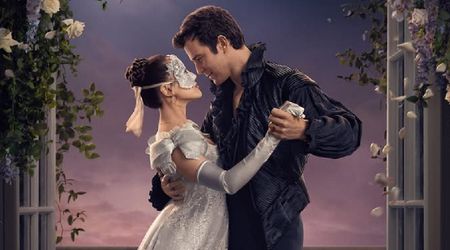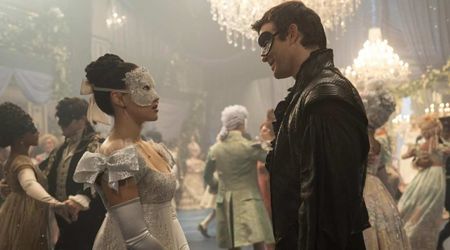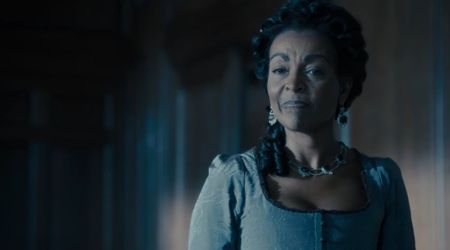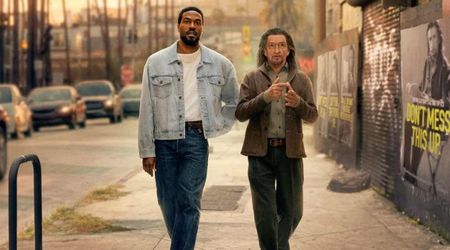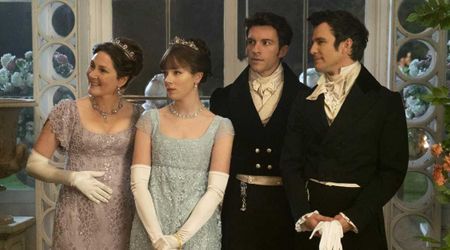'Lovecraft Country' Episode 9 hoists its 'protest art' genre flag even higher as we rewind to Tulsa 1921

If you were like me, the first thing you did after watching Episode 9 of 'Lovecraft Country' was google the exact words of Sonia Sanchez's spoken word poetry 'Catch the Fire'. After 'Whitey on the Moon', this has to be the second time the show has memorably used an anachronistic sampling of songs, speeches and poetry to give the show its "protest art" sheen. Yes, there were slightly clunky parts with the Montrose-Tic drama and the convenient time-loop moment of Tic 'saving' the younger versions of his father, mother and Uncle George. But overall, the episode works because it brings to life the 1921 massacre, reopening old wounds so that it can be cauterized by fire to cleanse the festering trauma within.
It has rage bubbling above the surface about how when Black property and wealth was destroyed, no one blinked an eye — it is a reminder to those making noises about 'vandalism' right now. In fact, back then, the city authorities colluded against its Black citizens (something acknowledged publically only in 2001 without reparations for descendants) while the incident was erased from history books until recently.
The poem is read in the backdrop of Letitia (Jurnee Smollett) securing the 'Book of Names' — a family legacy — while she literally holds the hands of an ancestor who says her faith will live on in Letitia and Tic's son while she burns. Talk about passing the torch. The last few sentences of the poem say it all — "Hey. Brother/Brotha. Sister/Sista. Here is my hand. Catch the fire…and live. live. livelivelive."
As invulnerable Letitia holds the book — also the key to saving another member of the next generation, Diana Freeman — Leti is literally carrying the hopes of those who were murdered and burnt in Tulsa into the future. No wonder her shoulders are bent at the beginning before they straighten and she walks unharmed through the fire to reach the time portal — it is a traumatic yet hopeful moment scored to grand operatic music because it is that momentous.
Above her, Montrose looks down and mentions the names and legacies destroyed when the White mobs descended on the "Black Wall Street", like that of Dr Jackson, the best Black surgeon in America, who was shot in the face.
Fitting for "protest art" television, the poem also shows the way forward at this critical juncture. After asking, "Where is your fire?", it asks if you can't "smell it coming out of our past? The fire of living / not dying. The fire of loving / not killing. The fire of Blackness / not gangster shadows. Where is our beautiful fire that gave light to the world? The fire of pyramids; The fire that burned through the holes of slave ships and made us breathe.”
And it ends with exhortations "not to kill", and nurture violence in another generation (like Montrose) but to "catch the fire and burn with eyes that see our souls walking, singing, building, laughing, learning, loving, teaching, being". Being Black and alive.
Lovecraft Country' airs on Sundays at 9 pm only on HBO.

